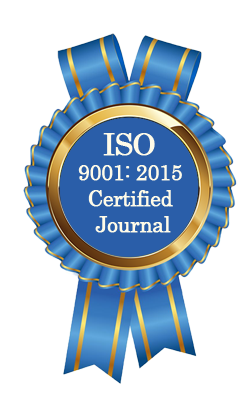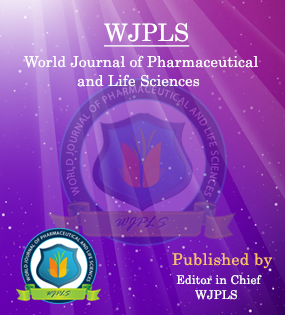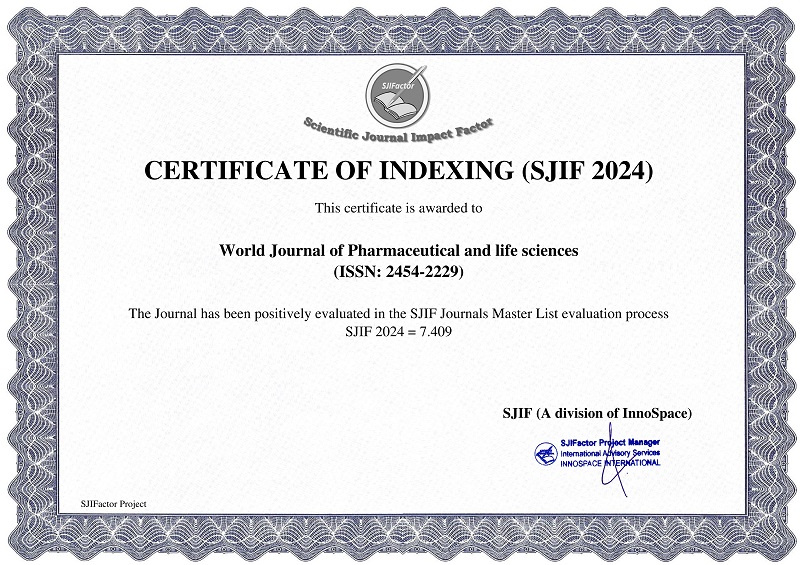Abstract
DESIGN OF A NUTRITIONAL EDUCATION PROGRAM: INTERACTIONS BETWEEN DRUGS AND FOODS
Julia San Miguel Rodríguez*, Julita Rodríguez Barbero, Angel San Miguel Hernández, Angel San Miguel Rodríguez and María San Miguel Rodríguez
ABSTRACT
Introduction and justification: Drug interactions on food (IMA) are the modifications that the drug produces in the use of food or its components, which affect nutritional status. Currently, the high proportion of the elderly population, polymedicated and with nutritional deficiencies, contribute to the high frequency of AMI. These factors, together with the limited information about the patient, justify carrying out the project. Objectives: To design an education program aimed at adult patients who are under treatment with drugs that interact with food, to avoid negative repercussions on their nutritional status. Design: The project is carried out during 1 year, in 120 users of a pharmacy office in pharmacological treatment. The selected drugs belong to the groups with the highest consumption and with the most nutritionally relevant interactions: gastrointestinal protectants, lipid-lowering, antidepressants and antihypertensives. Initial phase: The degree of knowledge of patients about the influence that drug treatment can have on their nutritional status is evaluated. An individualized dietetic-nutritional education is carried out to avoid interaction, reinforcing education in eating habits and healthy living. Follow-up phase: Consultations are carried out 3 and 6 months after the start, to detect incidents and reinforce motivation and adherence to the proposed educational plan. Evaluation phase: The degree of compliance and patient satisfaction is assessed, a methodological tool to propose corrective measures if necessary. Discussion: The degree of ignorance expected of the patients is higher than 80%. This project provides a new vision in the approach to interactions from a multidisciplinary strategy. It would allow a comprehensive education from the nutritional perspectives by the dietician-nutritionist and pharmacologist. Conclusions: The implementation of this program could help to prevent pharmacological treatment from negatively affecting nutritional status.
[Full Text Article] [Download Certificate]WJPLS CITATION 
| All | Since 2020 | |
| Citation | 590 | 424 |
| h-index | 12 | 10 |
| i10-index | 17 | 14 |
INDEXING
NEWS & UPDATION
BEST ARTICLE AWARDS
World Journal of Pharmaceutical and life sciences is giving Best Article Award in every Issue for Best Article and Issue Certificate of Appreciation to the Authors to promote research activity of scholar.
Best Article of current issue
Download Article : Click here





